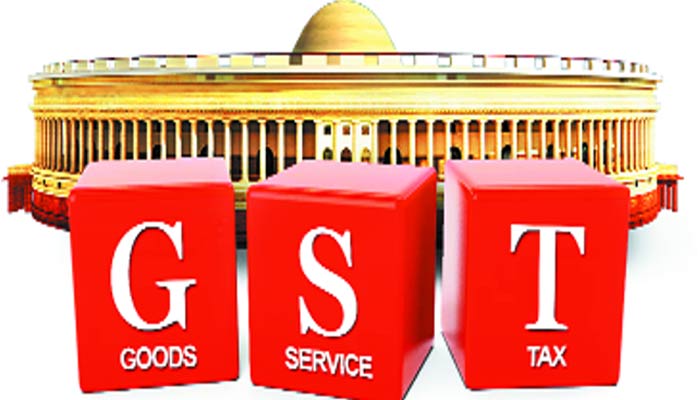TRENDING TAGS :
Lok Sabha passes four GST related bills; here are the key highlights
States have pooled in their sovereignty into the GST Council, and Centre has done the same. Need to maintain delicate balance of Centre, states in the Council. Compensation cess under the bill ensures that there is no additional burden, by keeping tax liability at existing level
New Delhi: Lok Sabha on Wednesday passed all the four Goods and Service Tax (GST) related bills. Finance Minister Arun Jaitley, who tabled the bills on Monday last, said that he thinks a significant step forward has been taken.
He said, "We are virtually seeing history in the making because we are now going to be transforming into a new system of indirect taxation."
Prime Minister Narendra Modi too was optimistic about the GST related bills. He said, "GST Bill finally passed: A new law for a new India."
The session that began with the zero hour, started discussing the Central, Integrated and Union Territory GST along with the Compensation Law, hoping to build consensus and roll-out the bill by July 1.
The rate structure proposed by the finance minister was of 5, 12, 18 and 28 per cent.
Stating that the bill was necessary for the country, the Finance Minister said that new indirect tax regime will ensure free movement of goods.
The FM said, " It is a revolutionary bill which will benefit all" and assured that it will not result in price rise of any necessary good.
Also Read: All you need to know about the GST bill...
In next slide: Read the key highlights of the GST debate in Lok Sabha....
Key highlights of the debate:
What Arun Jaitley said--
- GST is a step towards corruption-free India.
- GST stands for transparency and accountability.
- Everything will be online. There will be no human intervention, which means nobody can interfere with the law or get away with it.
- Twelve meetings of the GST Council were held to make it a process based on consensus and recommendations.
- Current indirect tax regime being replaced by new mechanism under the bill that will be run by new federal system.
- States have pooled in their sovereignty into the GST Council, and Centre has done the same.
- Need to maintain delicate balance of Centre, states in the Council.
- Compensation cess under the bill ensures that there is no additional burden, by keeping tax liability at existing level.
Congress's opposition-- (statements by Former minister of corporate affairs Veerappa Moily)
- BJP's delay in implementing the bill, when the Congress was in power, led to loss of Rs 12 lakh crore.
- The anti-profiteering clause of GST is far too drastic.
- What BJP has brought today is not a game changer but only a baby step.
- The current wording of the GST law indicates a fundamental contradiction in the GST Council, in the relationship between the Centre and the states.
- There will be no regional independence.
- There is no clarity on excise free zones.
- This is a very serious matter, just don't take shelter under constitutional amendment.
- It's not a bad idea, but needs further simplification
- There are way too many goods under the 18 per cent tax slab. How can you simplify the tax slabs further?
- We're in a hurry now and we agree it should have been done long time back but the bill has now degenerated into five tax rates.
- The intentions may be good but it will lead to tax distortion, anarchy and turf war between the Center and the states.



